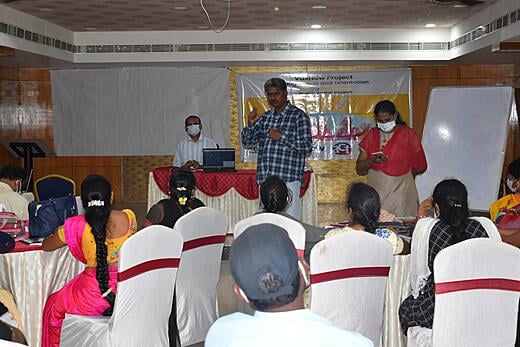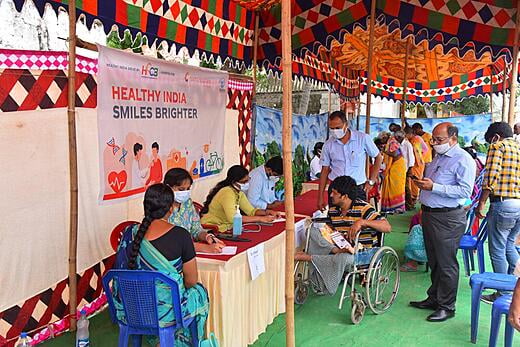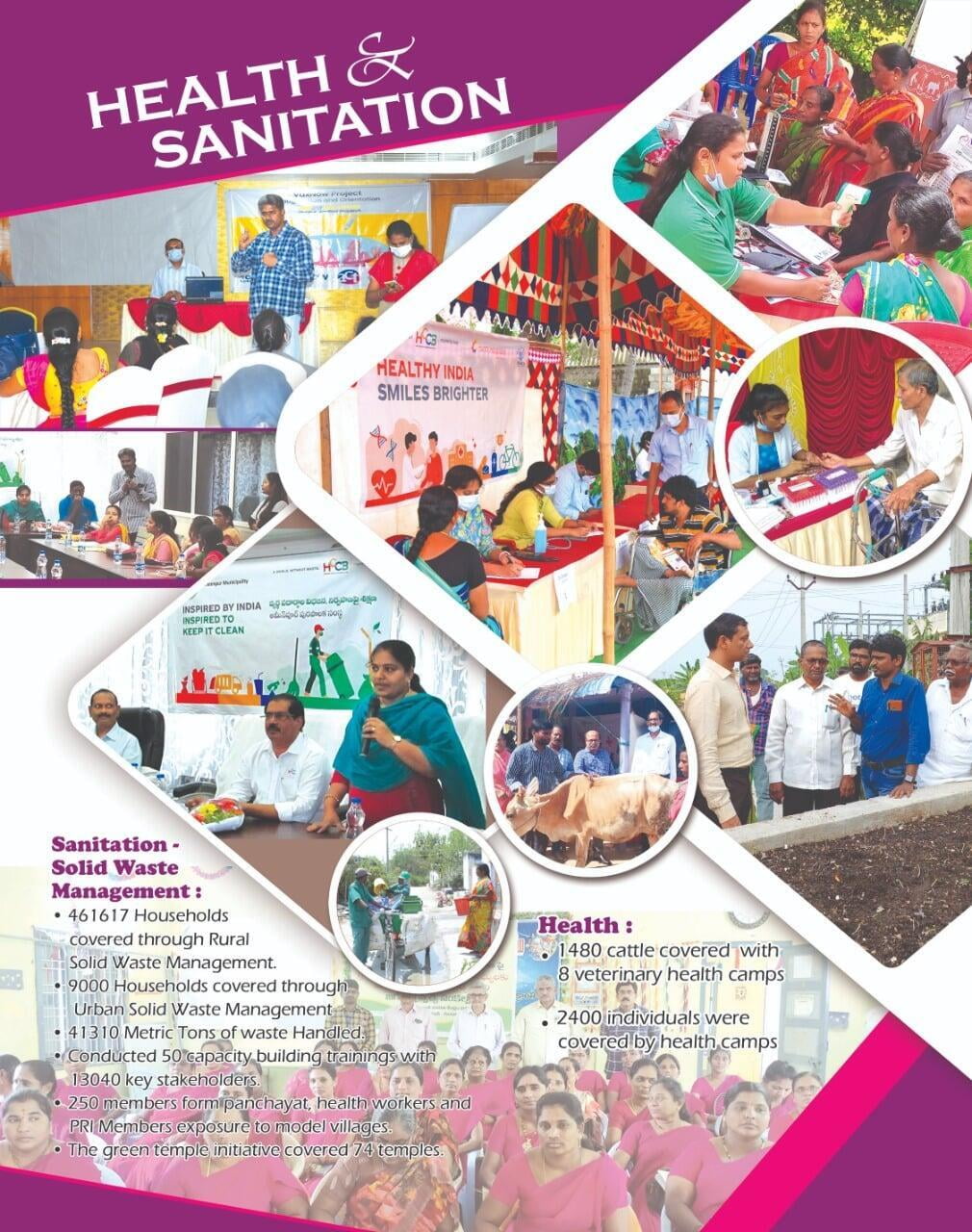
Sanitation is one of the most important aspects of community well-being because it protects human health, extends life spans, and is documented to provide benefits to the economy. Using sanitation interventions to interrupt disease pathways can significantly improve public health. Sanitation interventions primarily benefit public health by reducing the prevalence of enteric pathogenic illnesses, which cause like dengue, Malaria, Typhoid and Diarrhea.
SDG
6thgoals is to “Clean Water and Sanitation for all” and 4th are to ensure inclusive and equitable quality education and promote lifelong learning opportunities for all”.
Mahatma Gandhi said "Sanitation is more important than independence". He made cleanliness and sanitation an integral part of the Gandhian way of living. His dream was total sanitation for all. Cleanliness is most important for physical well-being and a healthy environment.
Sustainable Development Goals
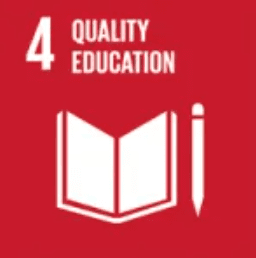 | 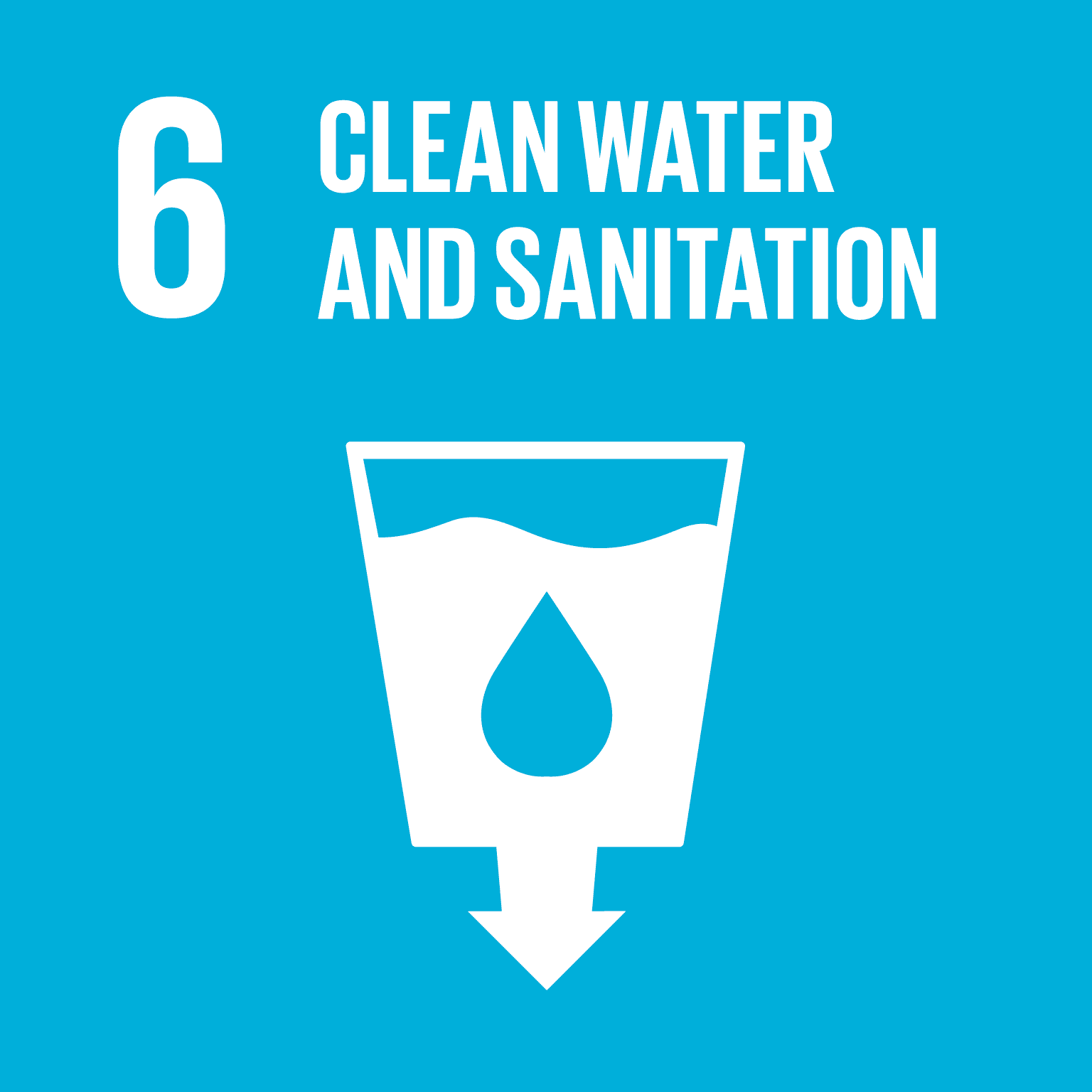 |
 |  |
Objectives :
The primary goal of Sanitation is reducing and eliminating adverse impacts of open defecation and handling of waste materials on human health and the environment to support economic development and superior quality of life.
This is to be done in the most efficient manner possible, to keep costs low and prevent waste build.





